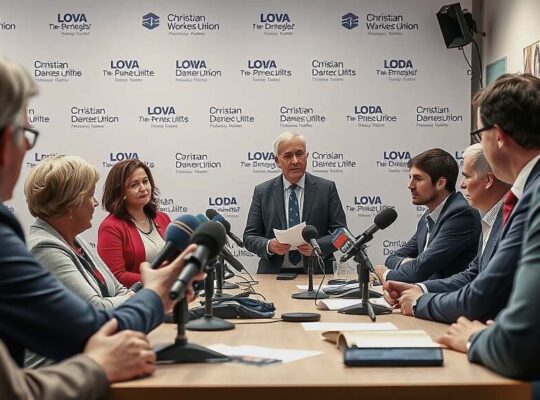A recent analysis of income tax data reveals varying benefits from different tax deductions among German workers, with higher earners primarily benefiting from the home office allowance while the middle class sees greater savings through the commuter allowance.
According to data from the Federal Statistical Office, as reported by the Frankfurter Allgemeine Sonntagszeitung (FAS), employees earning between €80,000 and €125,000 annually are averaging €450 in tax savings through the home office allowance. Conversely, individuals within the €30,000 to €50,000 income bracket are typically claiming more than €1,450 through the commuter allowance. Higher-earning individuals often offset these deductions by claiming a second residence, frequently utilized for proximity to their workplaces when commuting significant distances.
The data originates from the most recent income tax statistics covering the year 2021. The actual tax savings realized depend on individual circumstances and cannot be definitively determined from these figures alone.
Low-income earners are most likely to utilize the employee flat-rate allowance, a four-digit amount available to all employees who do not individually claim higher expenses. An estimated 80% of employees earning less than €20,000 annually are claiming this allowance.
Danyal Bayaz, Baden-Württemberg’s Minister of Finance (The Greens), is advocating for an increase in the employee flat-rate allowance from the current €1,230 to €1,500, aiming to simplify the tax declaration process. He argues that over 60% of employees could potentially forgo collecting receipts with this adjustment, offering not only tax relief but also reduced workload for tax authorities.
Florian Köbler, head of the Tax Guild, the representative body for tax officials, is calling for even more substantial reform. He supports a proposal from an expert commission to introduce a work-day allowance, consolidating the commuter allowance, home office allowance and other deductible options into a single, substantial amount. Köbler suggested a daily allocation of eight to ten euros, believing that broader participation would improve public acceptance of the tax system.












